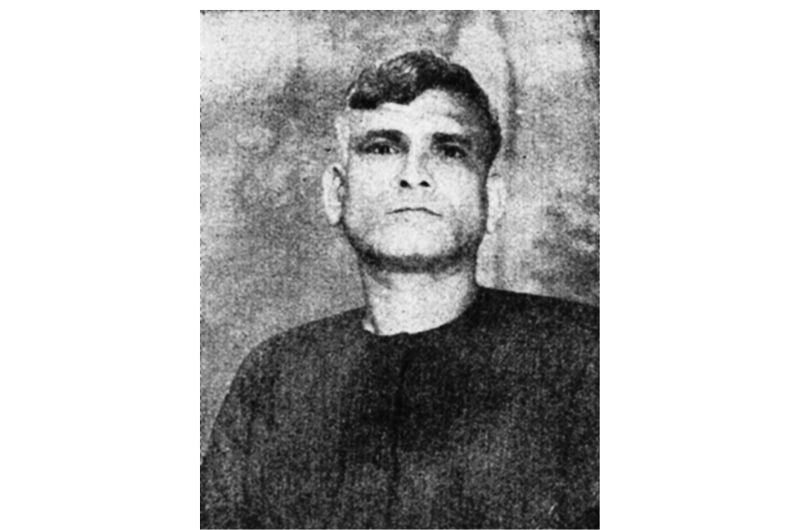Bharat Dogra sketches the life of a lesser-known freedom fighter who played key roles at critical junctures of the Independence Movement
Yogendra Shukla (1896-1960) was a person who played different roles in India’s Freedom Movement, and worked with the highest commitment in all of them. If at an early stage of his life we find him living as an inmate of Sabarmati Ashram, attracting the admiration of none other than Mahatma Gandhi, at a later stage we see him as a revolutionary, planning the escape of Bhagat Singh from jail. Then again we see him helping Jayaprakash Narayan in his great jail escape of 1942, and also as a prominent socialist and kisan (farmer) leader.
Yogendra was arrested by the colonial rulers for each one of these roles, spending a total of nearly 17 years in jail. Known as a brilliant student in Muzaffarpur (Bihar), he was influenced by the sacrifice of Khudiram Bose. As a youth, he participated in the Non-cooperation Movement. After his release from jail, he spent some time with Gandhiji in his ashram and, finally, became a founder-member of the Hindustan Socialist Republican Association of Bhagat Singh and Chandrashekhar Azad.
Gandhiji never lost his affection for him and would enquire about him even in later days. His nephew Vaikunth Shukla followed him into the Freedom Movement. They were known for their extraordinary determination and regarded as big threats by the colonial rulers. Vaikunth was hanged in 1934 while Yogendra was sentenced to the most rigorous imprisonment in the Andamans.
To draw attention to the ill-treatment of political prisoners, Yogendra went on a protest fast for 46 days in the course of his imprisonment. Following this he was shifted to Hazaribagh jail in 1937. When the Congress Government was formed in Bihar under the limits of colonial rule, it gave importance to the release of political prisoners, specially Yogendra Shukla, going as far as being ready to resign as a matter of principle if the British rulers did not agree to release Yogendra. Ultimately, the authorities relented, and Yogendra Shukla was released
Yogendra was elected as a member of the All-India Congress Committee and subsequently as a member of the All India Kisan Sabha. Jayaprakash Narayan (JP) convinced him to join the Congress Socialist Party, functioning within the Congress, as a founder-member. This growing popularity worried the British Raj, and soon both Yogendra and JP were in Hazaribagh Jail.
As news of the launching of the Quit India Movement reached the jail, Yogendra played a big role in the famous jail break of some prominent prisoners including himself, JP and Shaligram Singh. Yogendra and others are believed to have walked for around 100 km carrying an ill JP on their shoulders as they escaped to Gaya.
As a result of the torture and ill treatment he suffered in jail, Yogendra’s health deteriorated badly, particularly his eyesight. But he continued his work. In December he participated in the planning of another jail break, freeing major freedom fighters and enabling them to take part in the Quit India Movement.
The search for him was intensified, and a reward was announced. Instead of being given the medical treatment he needed so badly, he was again sent to jail, this time to Buxar, with even more stringent rules. As Independence drew nearer, he was released in 1946. After Independence, while taking up several issues of high social relevance, Yogendra was also Praja Socialist Party member of the Bihar Legislative Council for some time. He breathed his last in 1960.
Known to be very bright intellectually and of great physical strength and endurance as a young man, Yogendra Shukla was very willing, in fact determined, to sacrifice his all for the freedom of the country and for making it exploitation-free. His entire life is a relentless pursuit of these objectives. The many-sided contribution of Yogendra Shukla to the Freedom Movement for nearly five decades in the face of overwhelming difficulties is inspiring indeed. While a postage stamp was issued in memory of Yogendra and Vaikunth, these great freedom fighters deserve to be much more widely known.
October – December 2022



 from Webdoux
from Webdoux